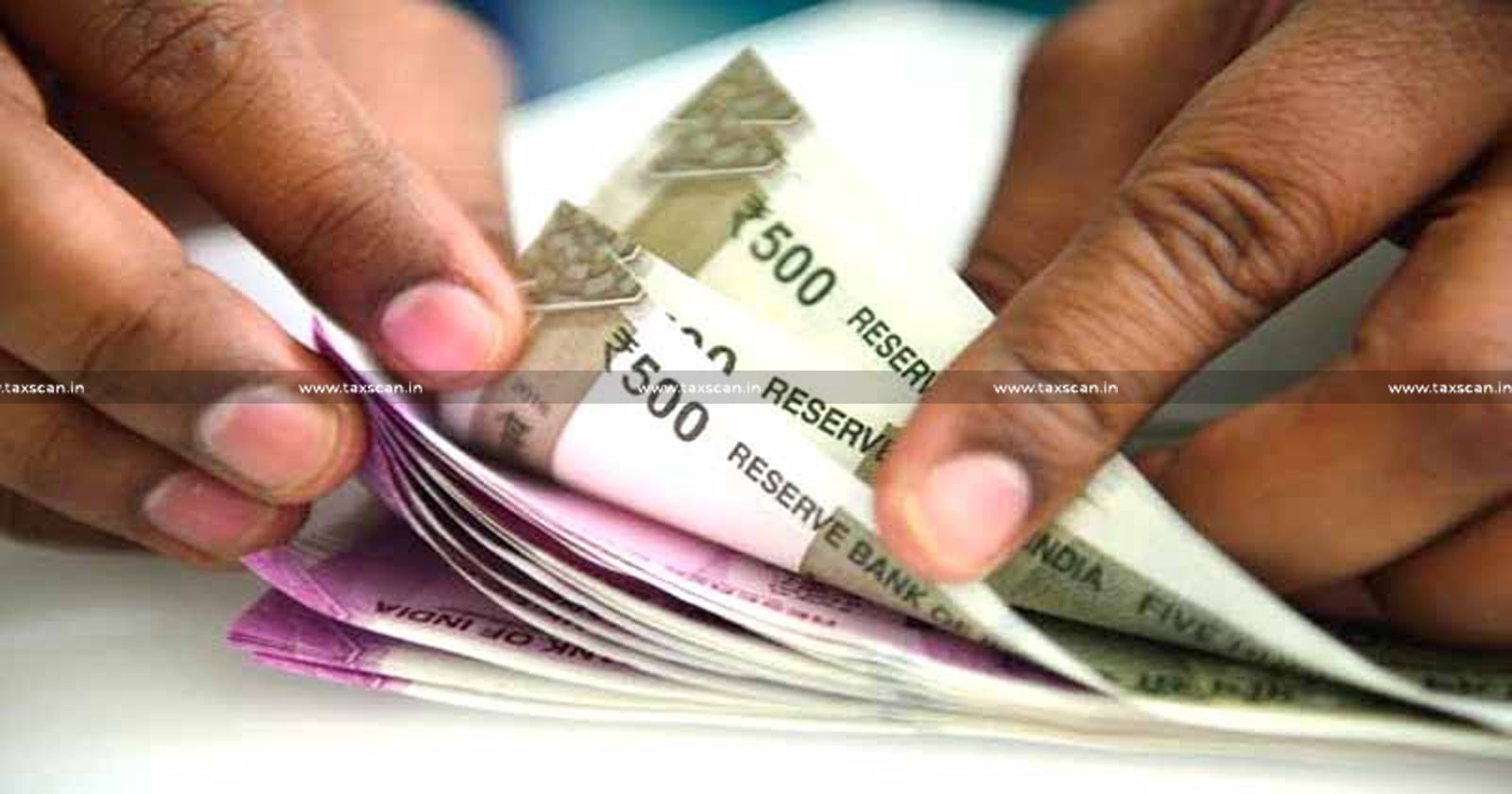Money does not over Under 'Goods' or 'Things' in GST Act: Delhi HC Orders DGGI Officials to Return Cash Resumed Illegally [Read order]
If no notice regarding the seized cash is issued within six months of its seizure, it must be returned to the person from whom it was seized

Delhi High Court – GST – DGGI – DGGI Officials – Directorate General of GST Intelligence – taxscan
Delhi High Court – GST – DGGI – DGGI Officials – Directorate General of GST Intelligence – taxscan
The Delhi High Court, while directing the officers of the Directorate General of GST Intelligence ( DGGI ) to return the recovered cash illegally and arbitrarily, observed that ‘Money’ did not cover under 'Goods' or 'Things' in Goods and Services Tax Act ( GST ), 2017.
The brief facts is that the GST officers of the respondent authority - DGGI conducted searches at the business premises of Mr. Mukesh Kapoor, who is the Director of M/s. K.M. Food Infrastructure Pvt. Ltd. and M/s. Apparent Marketing Pvt. Ltd., on October 4, 2021. Various documents and records belonging to these companies were seized during the search, including balance sheets, bilty books, purchase invoices, e-way bills, and GST sales ledgers.
Additionally, searches were conducted at another premises belonging to Mukesh Kapoor in Delhi, where certain records, documents, and electronic devices were seized, along with Indian currency totaling Rs. 1,90,66,000.
Subsequently, an email was sent by the petitioner on December 5, 2021, stating that the cash found during the search belonged to Mukesh Kapoor and the mentioned companies. Although the seized documents and mobile phones were returned to the petitioners, the currency was not.
In response to the petition, the respondent officials stated that the cash was seized from Mukesh Kapoor's residence as he couldn't provide a satisfactory explanation for its possession. It was further mentioned that the cash was deposited in a bank and converted into a fixed deposit, with a letter written to the Income Tax Authorities regarding the same.
The petitioners argued that the seized amount was duly accounted for in their books and contested the legality of the currency seizure under Section 67(2) of the Central Goods & Services Tax Act, 2017 ( CGST Act ). They contended that currency cannot be considered as goods and thus cannot be seized under the Act. Furthermore, they emphasised that the seizure was unlawful as there was no evidence of tax evasion associated with the cash.
The respondent, however, justified the seizure, asserting that Mukesh Kapoor failed to provide a valid explanation for the cash's source, leading them to believe it was associated with illicit activities. They cited a judgment by the Madhya Pradesh High Court of Kanishka Matta Vs. UOI W.P. (C) No. 8204/2020, decided on 26.08.2020 which interpreted the term "things" in Section 67(2) to include money.
The issue before the court was whether the respondent - DGGI officials had the authority to seize the cash under Section 67 of the CGST Act. The court analysed the definitions of "goods" and "money" under the Act, concluding that currency falls under the latter category and cannot be seized as goods.
Moreover, the court referred to precedents, including a Kerala High Court decision, which emphasised that the power to seize assets under a taxing statute must align with the statute's objectives. The court disagreed with the interpretation given by the Madhya Pradesh High Court and upheld the petitioner's argument that currency cannot be seized under Section 67(2) of the CGST Act.
The bench disclosed that the inquiry has shown that there is no evidence indicating that the seized cash represented the proceeds from unrecorded sales of goods. Consequently, it could not have been seized under the provisions of the CGST Act, as seizure is restricted to goods subject to confiscation. Thus, there is no justification for the respondents to retain the cash amount.
Furthermore, as per Section 67(7), if no notice regarding the seized cash is issued within six months of its seizure, it must be returned to the person from whom it was seized. Hence, the petitioners are entitled to the return of the seized cash based on this provision.
It was also noted that the cash seizure was coercive in nature, as it was not handed over voluntarily, and criticised the lack of requisition under the Income Tax Act despite the purported transfer of the fixed deposit.
Therefore, based on the aforementioned considerations, the bench of Justices Ravindar Dudeja and Sanjeev Sachdeva found no rationale for the confiscation and ongoing withholding of the cash by the DGGI Officers.
Consequently, the petitions were granted, and also instructed the respondents to promptly transfer the proceeds of the fixed deposit, including accrued interest, to the bank account of the respective entities/person from whose possession it was seized during the search conducted on October 4, 2021.
It is important to note, however, that this ruling does not inhibit the respondents from taking further action or initiating any other legal proceedings under the GST Act.
To Read the full text of the Order CLICK HERE
Support our journalism by subscribing to Taxscan premium. Follow us on Telegram for quick updates


